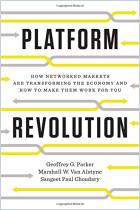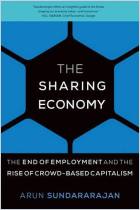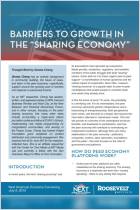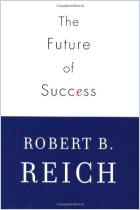“Being your own boss,” has long been a siren song for traditional nine-to-five workers. When the gig economy emerged, platforms like Uber took care of the grizzlier bits of working for oneself – like customer acquisition – so workers could focus on setting their own hours and getting the job done. But the gig economy generally leaves personality out of business. Is there a place for entrepreneurial creatives to monetize their products, services and personalities to create lasting income? Li Jin directs your attention to the “passion economy” in this article from venture capital firm Andreessen Horowitz.
The “passion economy” allows people to engage with an audience, while monetizing their passions and unique skills.
Platforms like Substack and Medium (writing), Outschool, Juni Learning, and Podia (teaching), and Cameo, VIPVR, Celeb VM (video editing) have created new types of careers in the online marketplace. Gig platforms allow people to make an income performing in-person services through Taskrabbit or Uber, or by selling physical products on Etsy or Shopify. In contrast, new passion platforms allow entrepreneurial creators to build an audience, engage with consumers and create ongoing income by offering digital products.
Gig workers can only increase their income by spending more time and doing more work – to make more money, for example an Uber driver must drive more, a Taskrabbit worker must do more tasks. Creators in the passion economy, however, make more money by building an audience. On Substack, the top writer makes $500,000 a year – money drawn from reader subscriptions. Podia, which offers “video courses and digital memberships,” earns its top content creator over $100,000 a month. Rather...






















Comment on this summary or Démarrer une discussion